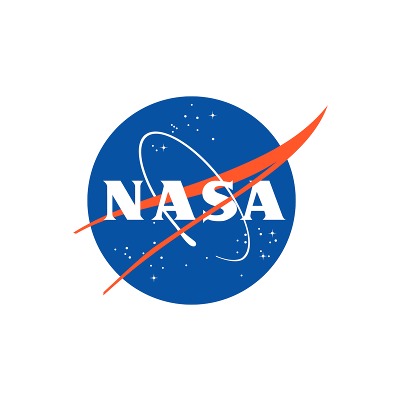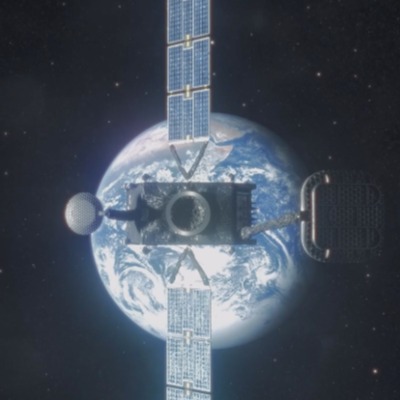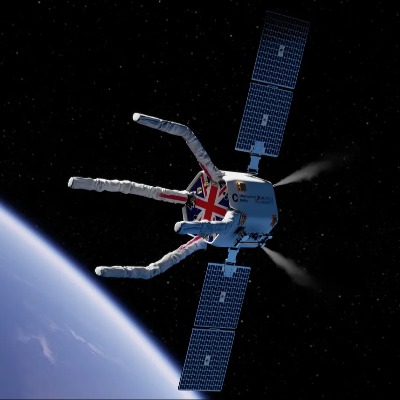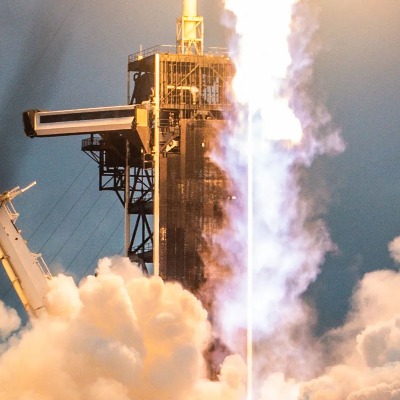Space Force Considers Orbital Gas Stations: Deep Dive Study Planned
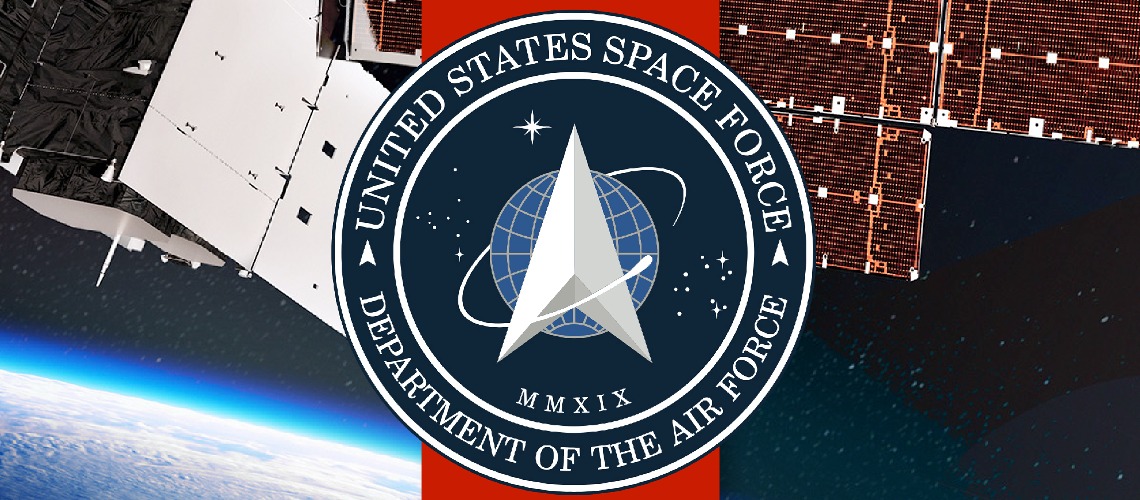
The U.S. Space Force is taking a closer look at the potential of orbital refueling for its satellites, according to a recent announcement. This in-depth study comes amidst growing interest in the technology within the commercial space industry.
The planned deep-dive study will comprehensively assess the advantages and disadvantages of orbital refueling for the Space Force. This includes evaluating factors like:
- Cost: Will refueling be more economical than launching new satellites in the long run?
- Capability: Can existing or planned refueling technologies meet the needs of the Space Force's diverse satellite fleet?
- Security: How vulnerable would a refueling operation be to potential adversaries?
While comments from Space Force officials have cast some doubt on the immediate benefits of in-orbit refueling, particularly for less critical satellites, a senior official emphasized its continued importance for high-value assets.
"Refueling capabilities would allow us to utilize our most strategic geostationary satellites for longer durations," explained Colonel Rich Kniseley, head of the Space Systems Command's Commercial Space Office. "This translates to greater mission flexibility and extended lifespan for these critical assets."
Geostationary satellites orbit the Earth at a speed that matches the planet's rotation, allowing them to appear stationary from a ground-based perspective. This makes them ideal for applications like communication, navigation, and weather monitoring. However, their propellant limitations can restrict their operational life.
The burgeoning "space access, mobility and logistics" sector offers refueling services as a potential solution. However, the Space Force remains cautious. The long-term viability of these companies and the overall cost-effectiveness of orbital refueling compared to traditional launch strategies require careful analysis.
"This is a nascent industry," acknowledged Colonel Kniseley. "We need to ensure these companies can establish a sustainable business model before we commit significant resources."
The findings of this study will be crucial in determining the role orbital refueling will play in the Space Force's future strategies. With the increasing importance of space assets for national security, the ability to extend the life and capabilities of critical satellites could be a game-changer.

